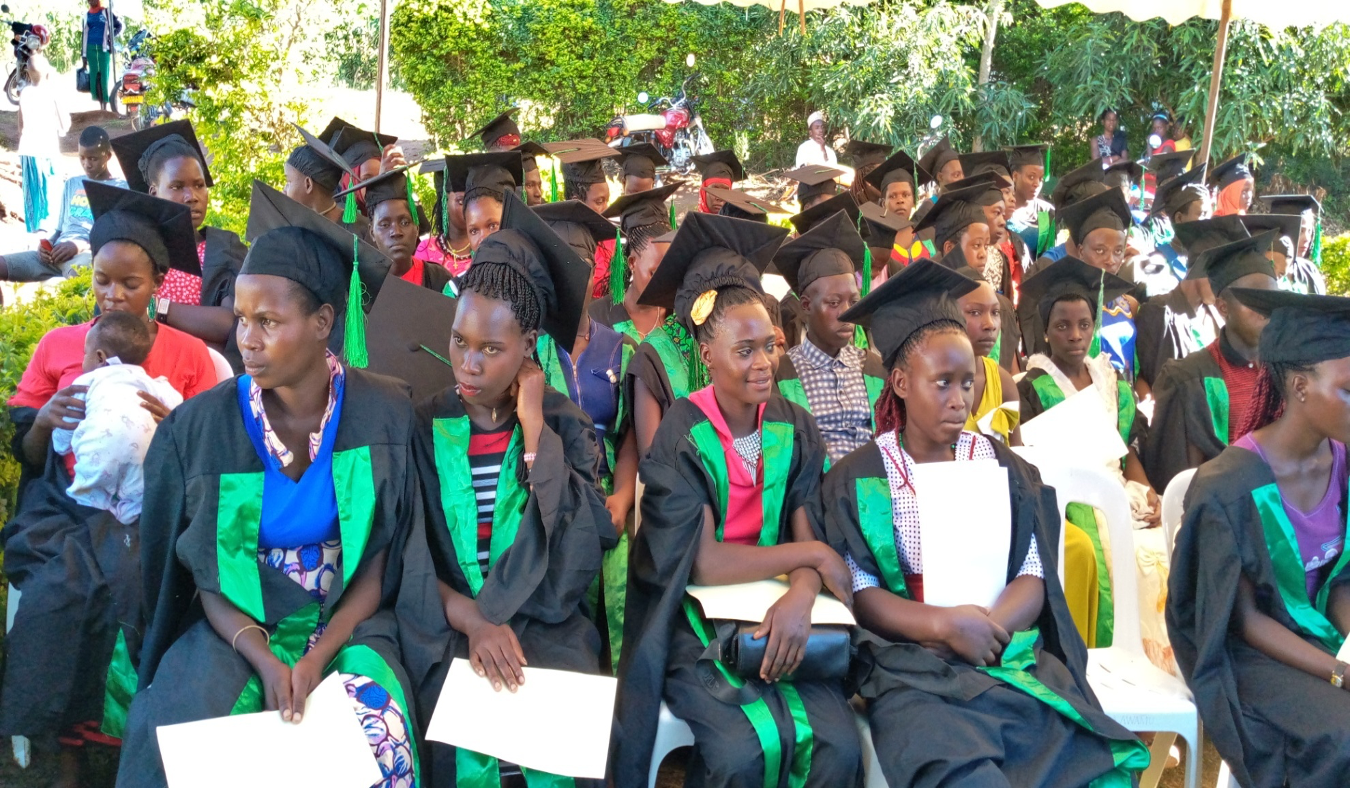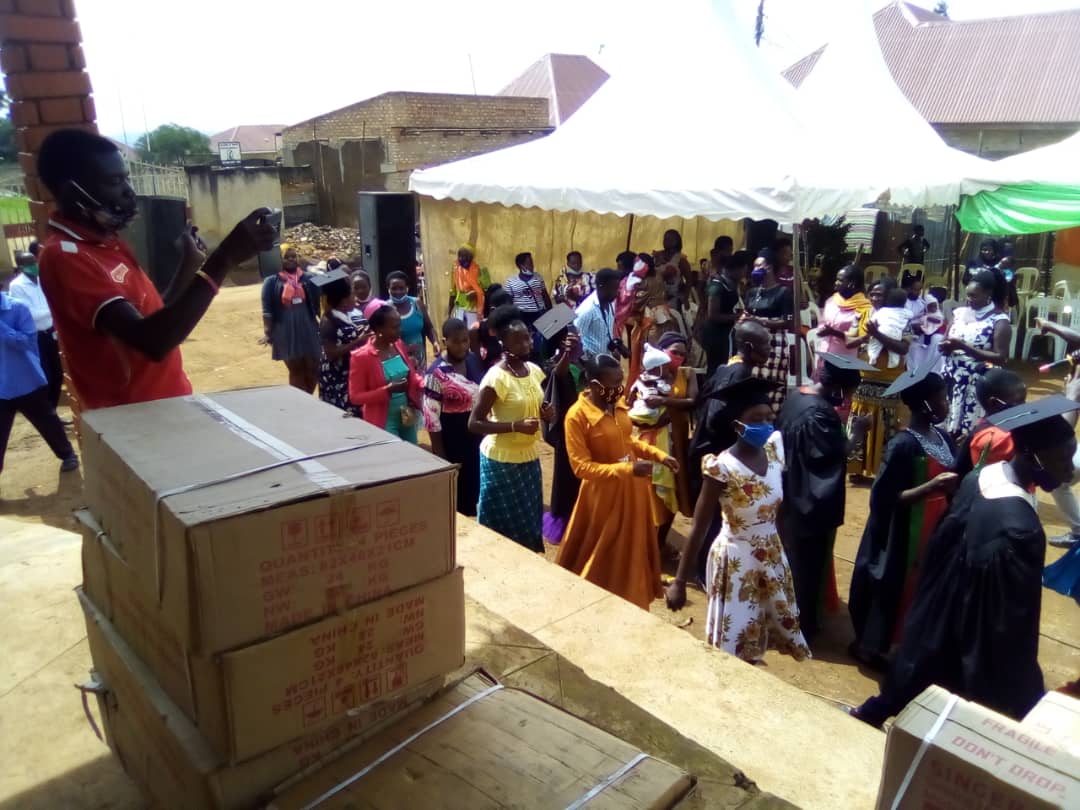By Charlotte R. and Willy Bukenya
The St. Nicholas Community Library is poised to become a vital resource for our local Ugandan community, offering access to knowledge and opportunities for all. With over 2,000 children, 1,000 adults, 16 primary schools, 3 secondary schools, and a local community of 250,000 people, the impact of this project is significant.

Our local community is very supportive of this project, “My name is Richard Ssengoba, local council chairman of Ddongwa village where St. Nicholas Community Library is located. In all my life, I have never seen a community library in the region, it’s the first of this nature. We are excited to host it, many children and youth struggle to find good books for reading, books are only in urban schools. St. Nicholas Community Library will serve our rural communities. We are glad for Wonderland BookSavers and Book Fairies support to see our dream happening. We pray that it is completed such that the children can read, get knowledge and improve on the English fluency in our education curriculum.”
Current Status of Library Project

We are collecting books from through out our community. Wonderland BookSavers has previously donated books. Book Fairies UK has recently sent us 396 books. Our library, pictured above, is 60% complete. We are currently working on completion of toilets, water well and water tanks, gate, perimeter wall, urinals, reading share area and tree planting.
Book Fairies UK has contributed partial funding for all manufactured building materials, a total of UK pounds 2,670.
We are lacking key library supplies that include: furniture (bookshelves, tables, chairs), solar power, as the area has no hydro power, technological tools: computers and printers.
Kyamaganda Community Development Organization and all local communities have contributed 12,000 bricks, 20 truckloads of sand, food for workers, and supplied unskilled workers and project supervision. This contribution is valued at UK pounds, 3,517.

Addressing Challenges Head-On
As with any ambitious project, we have encountered some challenges along the way. However, we are committed to overcoming these obstacles to ensure that the library becomes a reality for our community. Here are some of the key challenges we are facing and the strategies we are employing to address them:
Infrastructure: The muddy compound is a significant challenge to the usability of the library. We recognize the importance of providing a conducive environment for users, which is why we are working to cement the compound to enhance accessibility and safety. We have mobilized the community to continue contributing locally available materials, such as sand and bricks. Construction of an adjacent 3-room staff house for library workers will enable librarians to reside at the library, providing professional assistance and support for library users.
Painting: Inadequate funds have delayed the painting of the library building. We are seeking additional support to complete this essential aspect of the project, which will protect the structure from wear and tear.
Female Urinal: The construction of the female urinal is only 40% complete. We understand the importance of providing adequate facilities for all users and are prioritizing the completion of this crucial aspect of the project.
Reading Shade: A permanent roof is needed to protect library users, and books, from the elements. We aim to construct a reading shade with a permanent roof to ensure the safety and comfort of users, especially during inclement weather, additionally protecting library property during the rainy season.
Lighting: The area has no hydro power, solar installation for light and electricity is key. This will provide power for electronics and light and security at night for both librarians and users.
Furniture: We welcome contributions toward supplies, chairs, tables, book shelves, laptops, and of course BOOKS.

We Request Your Support
Despite our great progress, we still need additional funding to complete the St. Nicholas Community Library. We have mobilized the community to contribute locally available materials, but additional funding of US $8,237 is needed to complete infrastructure improvements, facility enhancements and book purchasing.
We are almost there! Please join our effort to support literacy in the Kyamaganda community!








































